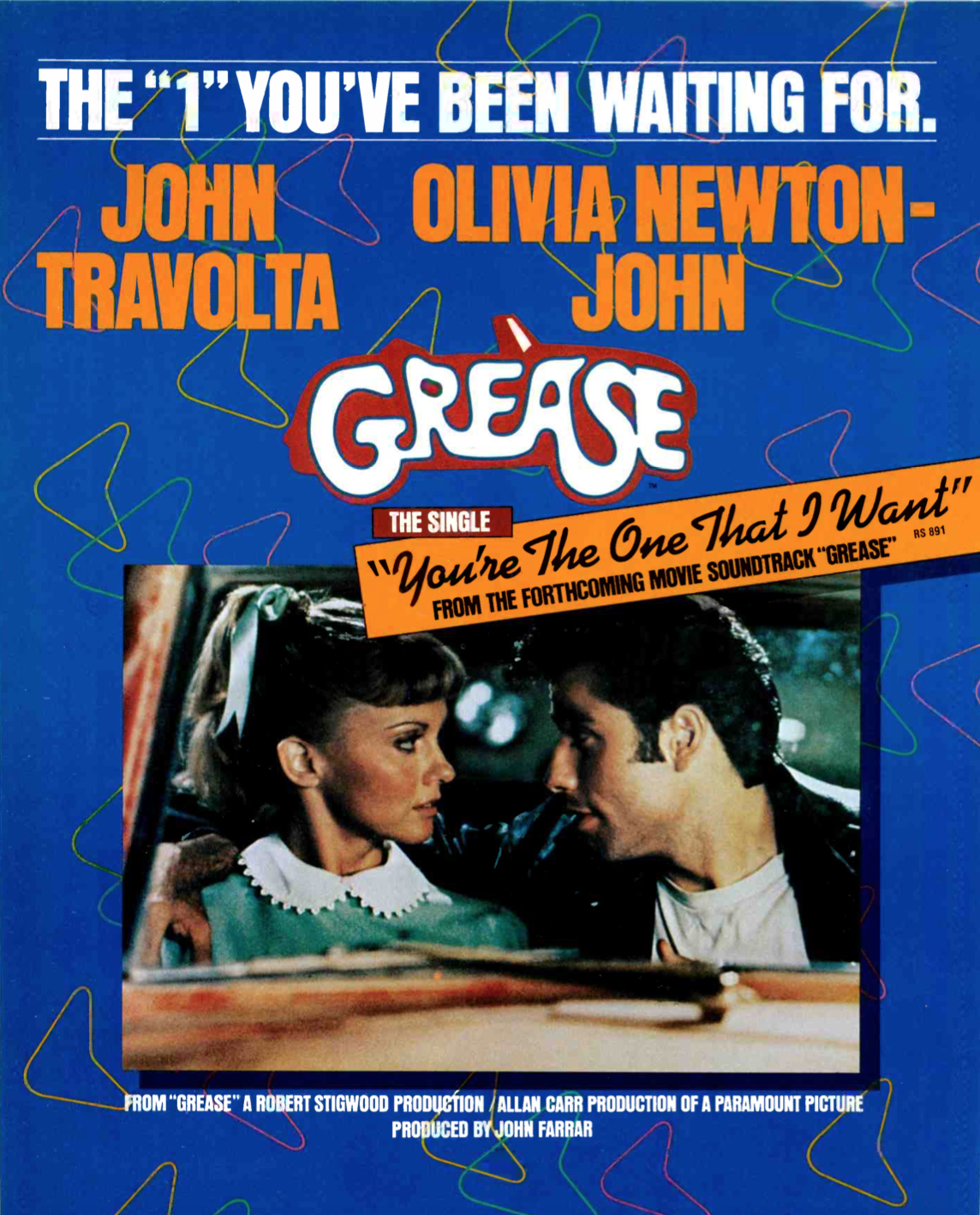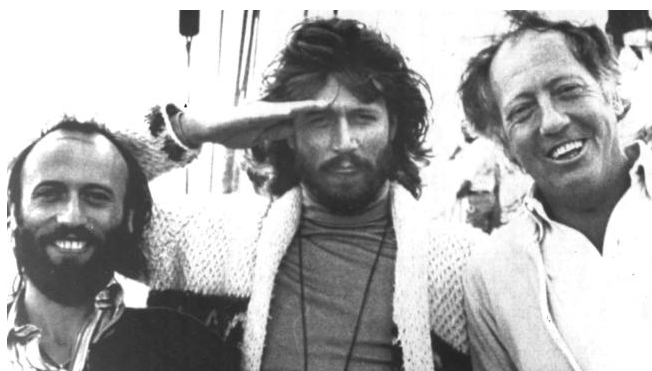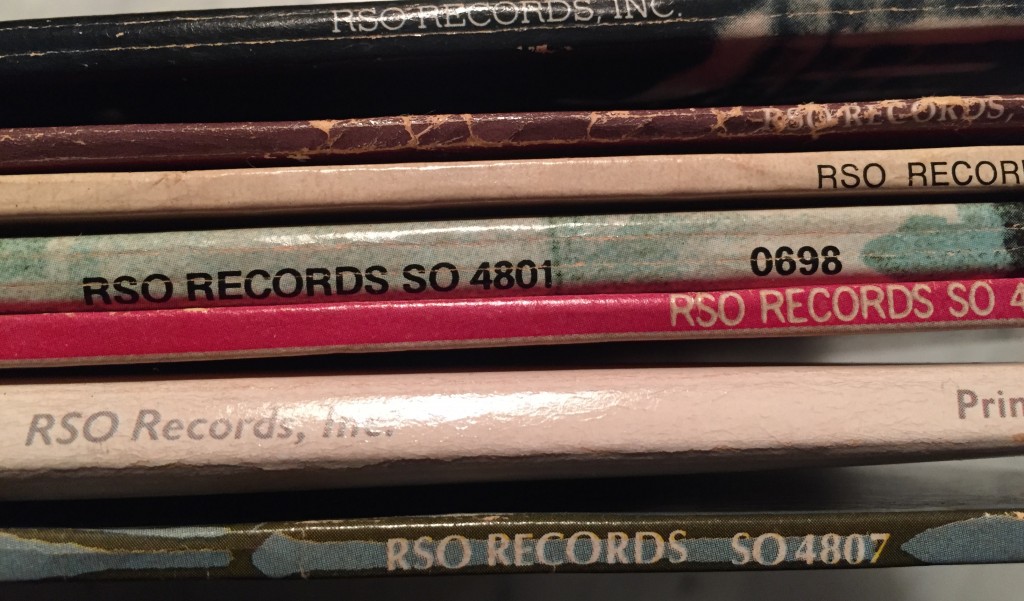Jan. 4, 2016: Bee Gees, Cream Manager Robert Stigwood Dies
by Best Classic Bands StaffRobert Stigwood, one of the major figures in the growth of the music industry and the classic rock era from the 1960s into the 1980s, died January 4, 2016. The executive guided the careers of British supergroup Cream and the Bee Gees and later formed a record label – RSO (for Robert Stigwood Organisation). The music industry mogul was 81.
Robin Gibb’s son, Spencer, a working musician living in Austin, Tex., announced the news on Facebook:
I would like to share the sad news with you all, that my godfather, and the longtime manager of my family, Robert Stigwood, has passed away. A creative genius with a very quick and dry wit, Robert was the driving force behind The Bee Gees career, as well as having discovered Cream, and subsequently managing Eric Clapton. He was also of course, the creator of the movies Saturday Night Fever and Grease, and many Broadway musicals with Tim Rice and Andrew Lloyd Webber. RSO Records pretty much defined the late 70’s. Of course, his biography is very extensive and can easily be found online…..I would like to thank Robert for his kindness to me over the years as well as his mentorship to my family. “Stiggy,” you will be missed.
Here’s a clip of an interview that the Bee Gees did with David Frost in anticipation of their 1979 Spirits Having Flown tour. Stigwood is in the blue shirt to Barry Gibb’s left; RSO U.S. President Al Coury is in the black jacket to Gibb’s right.
Stigwood’s role in the Bee Gees’ success was prominently featured in the 2020 documentary, How Can You Mend a Broken Heart.
A native Australian, Stigwood moved to England in 1954 and first worked in the late 1950s with famed U.K. record producer Joe Meek. He had an up-and-down mid-level British music business career until not long after he signed the group Cream in 1967 and then joined forces with his friend and Beatles manager Brian Epstein, merging their companies under Epstein’s NEMS firm. The added cachet certainly didn’t hurt the next artists he signed to a management deal, the Bee Gees. Hits like “New York Mining Disaster 1941,” “To Love Somebody” and “Holiday” helped establish the brothers Barry, Maurice and Robin Gibb. The songs “Words,” “I’ve Gotta Get a Message to You” and “I Started a Joke” marked them as genuine talents.
The NEMS deal was an uneasy fit that ended when Epstein died in August 1967 and the merger was dissolved. Stigwood then founded his own Robert Stigwood Organisation.
Not long afterward, Stigwood diversified into theater production. He began by staging Hair in London’s West End for over five years alongside such other counter-cultural properties as Oh! Calcutta! and The Dirtiest Show in Town, then staging more respectable fare as Pippin and Sweeney Todd and eventually enjoying such Broadway hits as Jesus Christ Superstar and Evita. Stigwood also started producing films with the film adaptation of Hair and then the hit movie of The Who’s rock opera Tommy. His RSO Records featured artists like Eric Clapton and Yvonne Elliman plus soundtrack albums for the motion pictures The Empire Strikes Back and Fame in addition to the films produced by his company RSO Films. He continued to manage Clapton during the artist’s tumultuous years following the break-up of Cream.
Upon hearing the news of Stigwood’s passing, Clapton wrote on his Facebook page: “Robert Stigwood, A true visionary, and a lovely man, I will miss him….ec”

This ad for the Saturday Night Fever soundtrack appeared in the Nov. 26, 1977 issue of Record World
And as the pop hits dried up for the Bee Gees, and their Atlantic Records producer Arif Mardin steered the group towards the ever-more popular disco-soul sound, Stigwood offered his clients what became the deal of a lifetime: to create the soundtrack album for the disco movie Saturday Night Fever he was producing.
The result was four #1 singles – “How Deep Is Your Love,” “Stayin’ Alive” and “Night Fever” as well as the Yvonne Elliman-sung “If I Can’t Have You” – on what became the best selling album ever (at the time) that was the soundtrack for a mega-hit movie RSO produced, Saturday Night Fever, in 1977.
In a statement to People, Barry Gibb said: “All the success we had was because of Robert Stigwood. On behalf of Linda and our family we wish you god speed. Every time the first of May comes around I will think of you and I will miss your phone call. We shared so many wonderful moments. I will never forget you my dear friend.”

This ad for Grease appeared in the March 25, 1978, issue of Record World
A year later the film of one of Stigwood’s theatrical productions, Grease – starring Fever lead John Travolta and Olivia Newton-John – brought his film production company another hit.
“Robert changed the world and only for the better and he was certainly important to my career. His legacy lives on and he will forever be remembered,” said Travolta.
Not everything Stigwood touched turned to gold. His film production of the musical Sgt. Pepper’s Lonely Heart Club Band as a star vehicle for The Bee Gees and Peter Frampton was a notorious financial and creative disaster. He also made such dogs as Moment by Moment with John Travolta and Lily Tomlin, which nearly killed the former’s career, and the Sylvester Stallone-directed Saturday Night Fever sequel Stayin’ Alive that furthered Travolta’s cultural decimation.








1 Comment so far
Jump into a conversationAlthough I was raised in Daytona Beach and was friends with Duane Allman and am a dedicated blues rock fan I always secretly loved the Bee Gees. Great Vocals, fantastic production, a really good band.